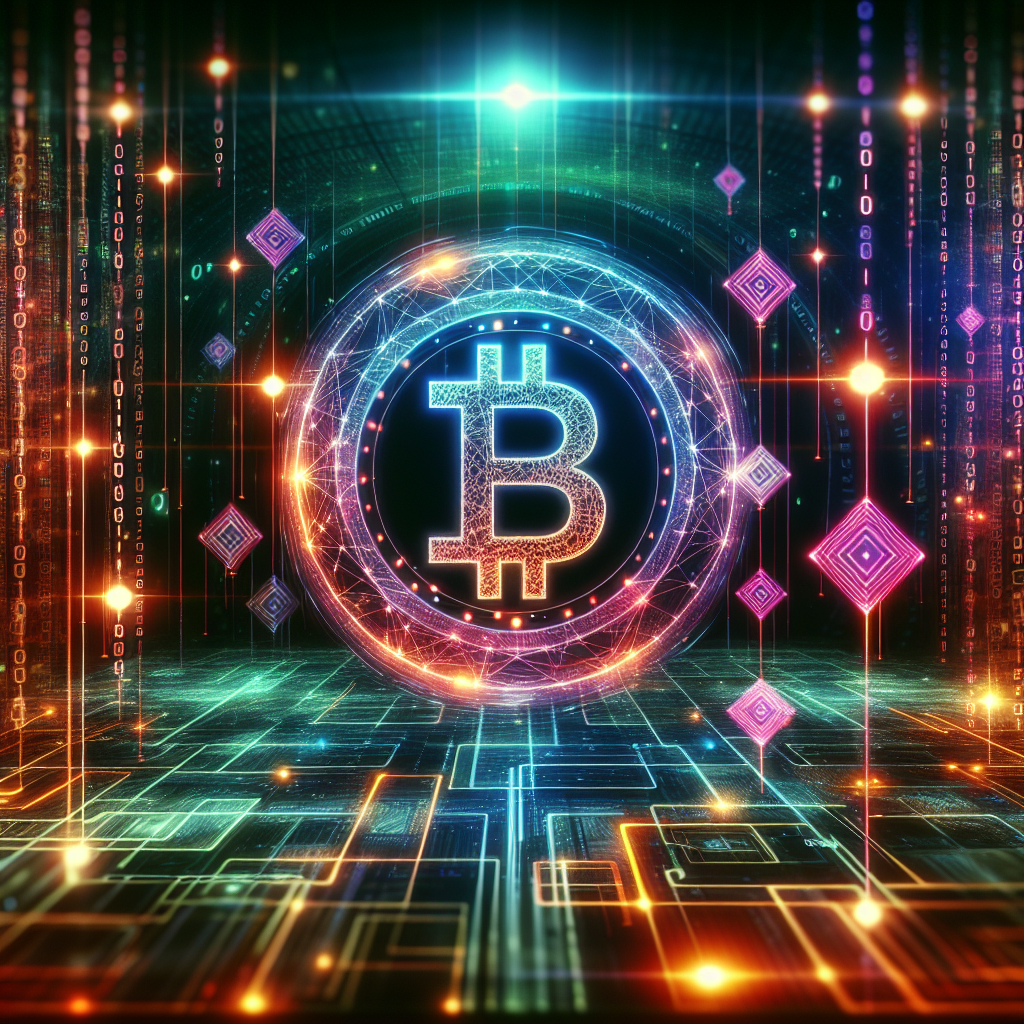Blockchain Technology: Essential for Trust in AI-Generated Content
In recent years, artificial intelligence (AI) has made significant strides in generating various types of content, from articles and artwork to music and video. As the demand for AI-generated content rapidly increases, so does the need for a reliable method to establish its authenticity and integrity. This is where blockchain technology comes into play, offering a potential solution to the trust issues surrounding AI-generated outputs.
The Rise of AI-Generated Content
AI-generated content has evolved dramatically, enabling industries to streamline operations, enhance creativity, and improve customer engagement. Technology companies and content creators are harnessing AI algorithms to produce high-quality material at unprecedented speeds. However, the benefits come with significant challenges:
Given these challenges, there is an urgent need to introduce mechanisms that can authenticate the sources and integrity of AI-generated content.
Challenges in Trusting AI-Generated Content
As AI tools like ChatGPT and DALL-E continue to advance, concerns about the content created by these systems have emerged. Here are several key challenges regarding trust in AI-generated material:
1. Authenticity and Ownership
One of the primary challenges is establishing the authenticity of AI-generated content. Who owns the rights to an AI-generated piece? Is it the developer, the user, or the algorithm? These questions complicate legal aspects and hinder the establishment of trust.
2. Misinformation and Deepfakes
The rise of deepfake technology—a method that uses AI to create hyper-realistic fake videos and audio—has raised concerns about misinformation. With so many tools available to manipulate information, distinguishing real content from fabricated materials is increasingly difficult.
3. Attribution and Copyright Issues
As AI-generated content becomes more widespread, issues surrounding attribution and copyright also arise. Many AI systems are trained on existing works, which raises the question of whether AI can create unique, original content or if it merely replicates existing styles and ideas.
Blockchain Technology as a Solution
Blockchain technology can help address the challenges posed by AI-generated content in several compelling ways.
1. Immutable Provenance
Using blockchain, all transactions can be tracked in an immutable ledger. This feature allows for the precise tracking of AI-generated content from its original creator through different stages of publication and distribution, ensuring the content’s provenance is never lost.
2. Decentralized Verification
Blockchain introduces decentralization, meaning no single entity controls the content or its verification. This decentralization can be utilized to build a transparent platform for verifying AI-generated assets, making it harder for bad actors to manipulate data or create misleading content.
3. Smart Contracts for Rights Management
Smart contracts on the blockchain can automate aspects of copyright and ownership rights. These contracts stipulate terms around the usage of AI-generated content, ensuring that creators receive fair compensation based on predefined conditions and terms.
Real-World Applications of Blockchain in AI Content
Several companies and initiatives are already exploring the intersection of blockchain technology and AI-generated content. Here are a few promising examples:
The Future of AI-Generated Content and Blockchain
As the landscape of AI-generated content evolves, the adoption of blockchain technology will become increasingly essential for establishing trust, provenance, and accountability. Here are some future trends that may emerge:
1. Enhanced Standards for Content Authenticity
Adopting blockchain technology can lead to the development of more rigorous standards for content authenticity, making it easier for consumers to navigate the landscape of AI-generated material.
2. AI and Blockchain Collaboration
The combination of AI and blockchain can lead to the creation of self-verifying AI systems. These systems can automatically document their outputs on a blockchain, providing a reliable record of authorship and modifications that can develop over time.
3. New Monetization Models
The integration of blockchain can give rise to new monetization models that benefit both AI developers and consumers. For example, through tokenization, creators could receive direct payments from users for the use of their AI-generated content.
Conclusion
In a world increasingly filled with AI-generated content, ensuring its authenticity and integrity is more crucial than ever. Blockchain technology provides a robust framework for addressing the myriad challenges of trust that surround AI-generated material. By using blockchain to track provenance, verify content, and manage rights, we can pave the way for a more transparent and accountable digital ecosystem.
As we continue to adapt to the rapid advancements in AI, embracing innovative technologies like blockchain will be indispensable for maintaining trust and integrity in this new digital age. The convergence of AI and blockchain promises not only to enhance the quality of content creation but also to instill confidence among users, ensuring that the future of digital media is both creative and trustworthy.




